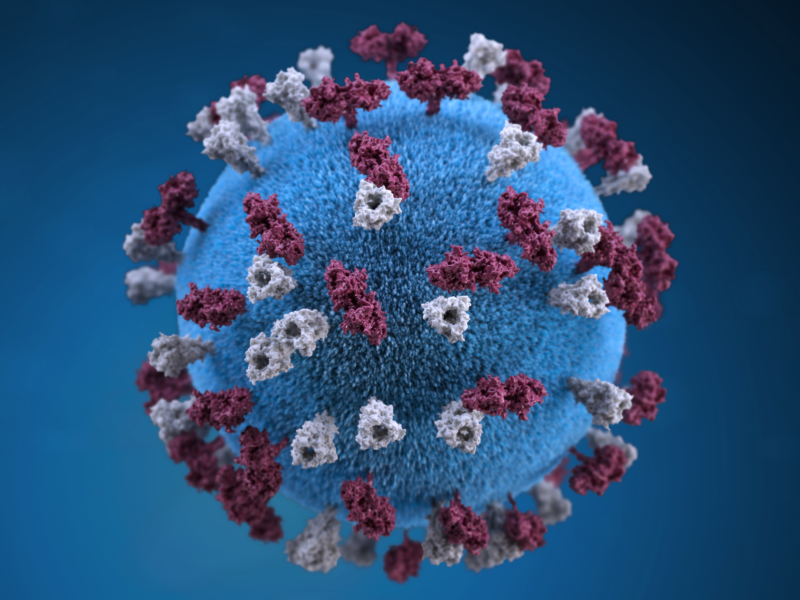The development world recently marked the 10th annual observance of World Toilet Day on Nov. 19, 2011. The goal of World Toilet Day is to raise awareness on issues of clean water and sanitation, two major obstacles to health in much of the world.
The United Nations has identified sanitation as an important component of health and development in its Millennium Development Goals; target 7.6 aims to reduce by half the proportion of people without sustainable access to safe drinking water and basic sanitation by 2015. However, according to WaterAid, a sanitation-oriented NGO, sub-Saharan Africa at its current rate of progress is still two centuries away from meeting the goal.
Inadequate sanitation can be linked to a number of diseases, such as cholera, typhoid, and hepatitis A. Diarrheal disease is the second largest killer of children under-5 years in the world; in fact, diarrheal disease kills more children than malaria, tuberculosis, and HIV/AIDS combined.
Improper sanitation also takes an economic toll on individuals and countries. People must spend time collecting water instead of performing other income-generating activities, negatively impacting the nation’s economy as well as their household income. Inadequate sanitation hurts school attendance and education levels as children miss school due to illness. Furthermore, after puberty, many girls are forced to stay home from school regularly because the school does not have a toilet.
How can we tackle the problem of sanitation? The sewer systems known in the developed world do not offer a feasible solution for much of the developing world. The infrastructure required to build and maintain such a network of plumbing and sewers is prohibitively expensive for many governments. The western toilet also requires large volumes of water, a resource that is often in short supply. Instead, many advocates have championed the use of on-site, individual household solutions, such as simple pit latrines, septic tanks, or the arbor loo.
For more information on sanitation and what you can do, watch and share these videos, including public service announcements featuring Matt Damon, and a call to reinvent the toilet from the Bill & Melinda Gates Foundation. CARE asks you to support the Water for the Poor Act and provides a form to submit to your local Senators and Representatives, asking them to ensure funds towards safe water and sanitation.

